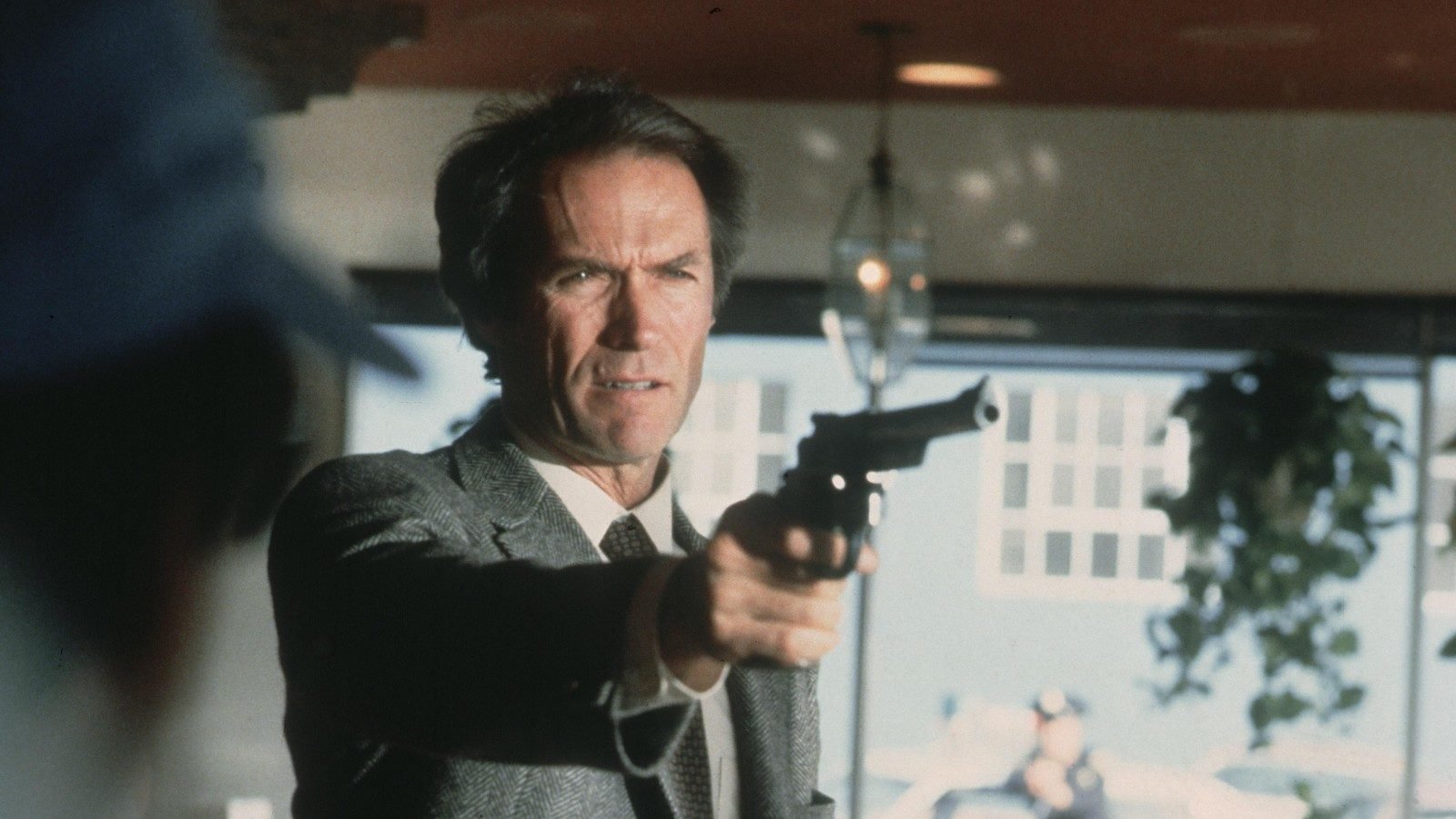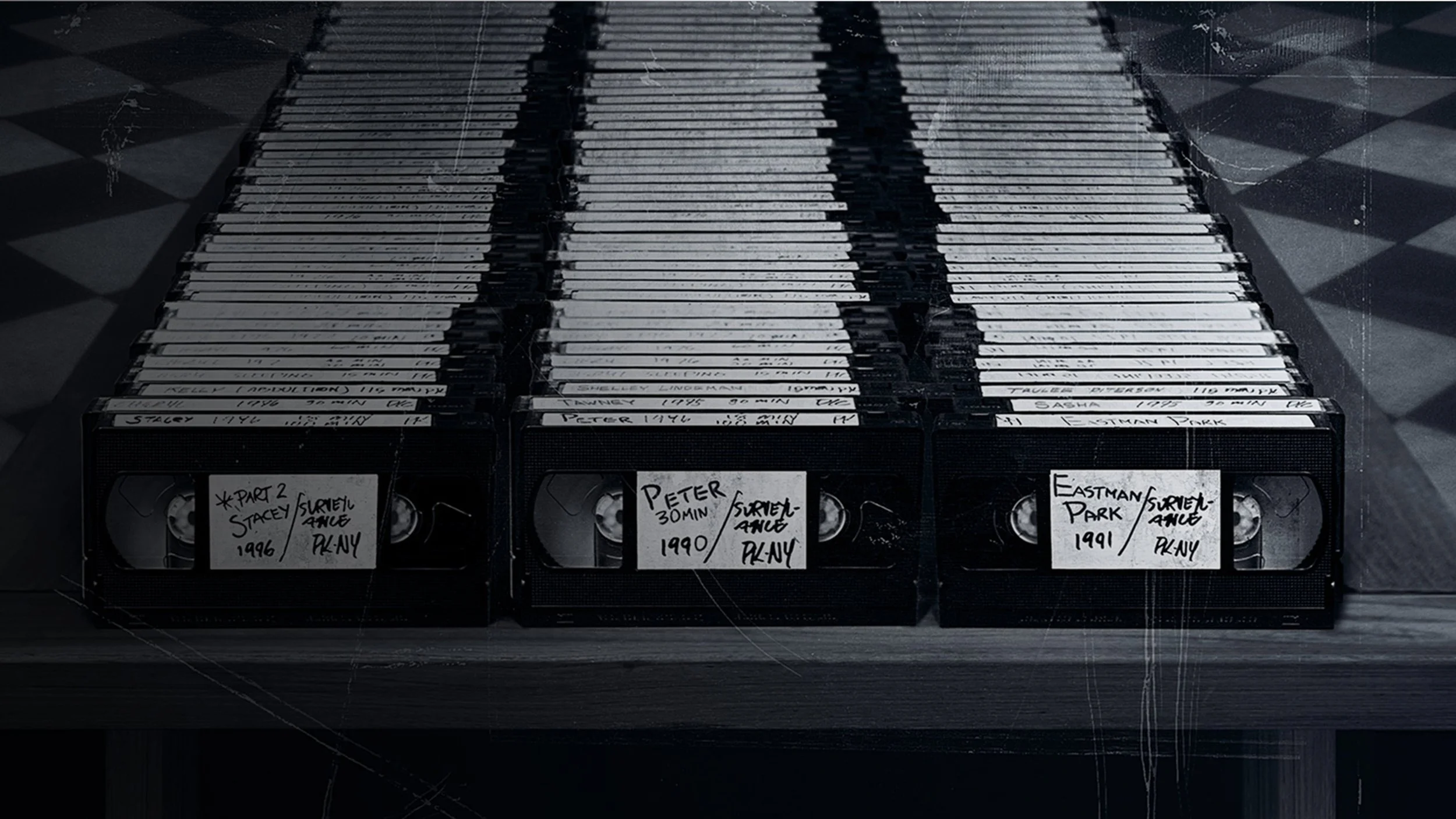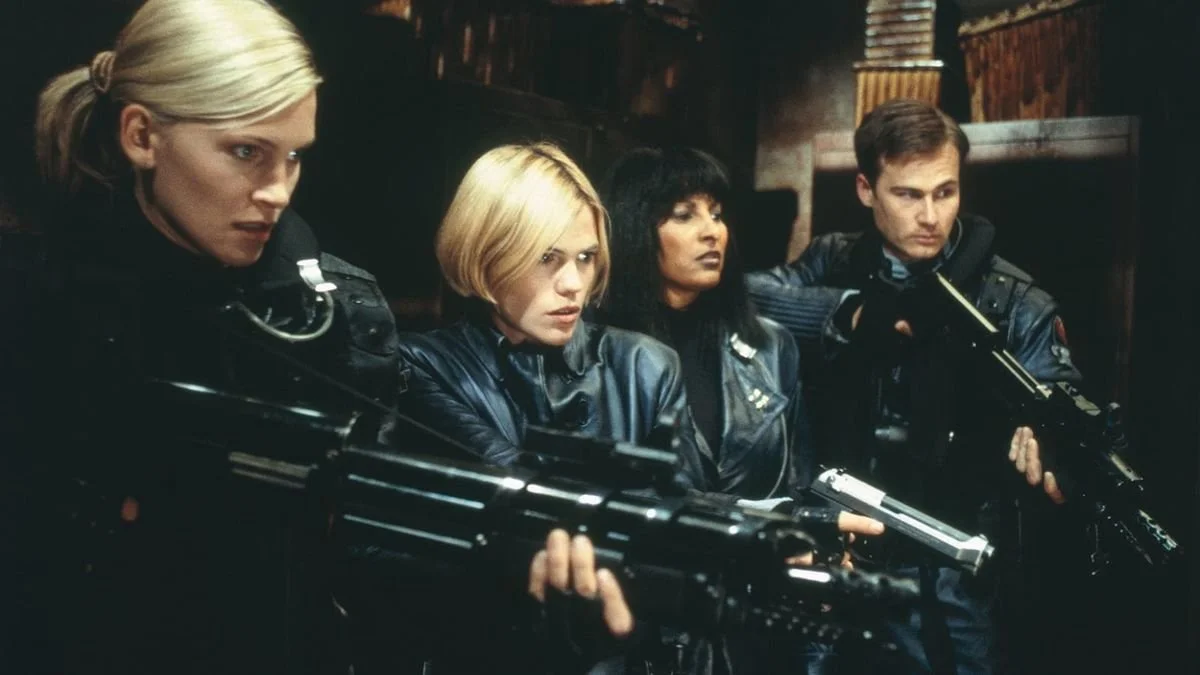Review: Sudden Impact (1983)
Clint Eastwood’s Sudden Impact is the fourth film in the Dirty Harry series. Just based on that description alone, you’d be forgiven for assuming it’s another run-of-the-mill cop thriller, much like the previous Dirty Harry film, The Enforcer (1976). But Sudden Impact is a different beast. It’s reactionary, yes, and involves the ironic quips and brutal kills that made Inspector Harry Callahan such an iconic movie antihero. But it’s also a film that is much more nuanced than the blanket description would have you think.
One reason for this is Eastwood’s direction. This is the only Dirty Harry film Eastwood directed and you can tell. The calm framing of scenes, the stately precision of the camera, the underplaying of moments that could be overplayed, the moral outrage that seethes throughout the storytelling—all the characteristics of Eastwood’s directorial touch are here. Bruce Surtees’ cinematography also helps, adding colour and vitality to each frame.
But it’s Sondra Locke and the film’s handling of her character, Jennifer Spencer, that truly makes the film interesting. Locke and Eastwood shared a tortured history behind the scenes. His sabotage of her career after their relationship fell apart is likely the most disgraceful element of his towering Hollywood career. But when they worked together, they had an electric on-screen dynamic. Eastwood knew how to leverage Locke’s unique appeal as an actor.
In Sudden Impact, Locke’s Jennifer Spencer is out for revenge on the men who raped her and her sister 10 years earlier. The film plays out as two parallel investigations that eventually overlap. We follow Jennifer as she tracks down and kills each individual rapist. Simultaneously, we follow Harry, who’s sent to San Paulo, California to investigate a murder and who begins to uncover the clues to Jennifer’s revenge killings. Eventually, the characters meet and are drawn to each other romantically, but Harry doesn’t suspect Jennifer of being behind the killings. She’s too inconspicuous. But they’re both working towards justice, albeit in their own ways.
Sudden Impact started out as a star vehicle for Locke before the script was transformed into a Dirty Harry film. You can see evidence of this in how the film treats Jennifer’s story and Harry’s story as parallel tracks that only overlap near the end. But the combination of this feminist rape-revenge story with the reactionary Dirty Harry-picture actually adds to the film’s overall impact.
For one, it colours every moment of Jennifer’s revenge in light of Harry’s actions in the previous films. Harry is an agent of law and order and he’s willing to bend the rules to get the bad guys. But he’s still an enforcer of the rules; he doesn’t go outside the law, but rather extends the reach of the law past the boundaries of civil liberties. Such an approach is why the Dirty Harry films are often called fascistic; he’s a cop, not a vigilante.
But in Sudden Impact, he’s on the tail of a killer who is motivated by the same notions of justice that he is, but who lacks the authority of the law that would justify her actions to the wider world. She cannot excuse her actions as working towards law and order, which forces Harry to confront the personal nature of his own violent actions. The film asks, is all justice simply revenge? Does the law transform revenge into justice?
It’d be a mistake to think that Sudden Impact is some high-minded examination of justice and sexual politics. After all, this is the film where Clint tells an armed robber to “Go ahead, make my day” and give him an excuse to kill him. The flashbacks to the rape scenes are vicious. The revenge killings themselves are meant to satisfy the bloodlust of the viewer, who sympathizes with Jennifer and recognizes the injustice of the rapists going free in the aftermath.
But it’d also be a mistake to discount how these elements are presented within the vigilante thriller plotting. Sudden Impact is a Dirty Harry film, but it’s also something more: a tale of female rage and revenge that challenges the broadest assumptions of its main character.
Eastwood is one of the icons of Hollywood masculinity and reactionary violence. He’s also one of the foremost critics of American violence and heroism as a filmmaker. The tension between these two sides of Eastwood, and the tension between the two threads of the narrative, are what make Sudden Impact such a surprising and rewarding film.
8 out of 10
Sudden Impact (1983, USA)
Directed by Clint Eastwood; written by Joseph Stinson, based on a story by Earl E. Smith and Charles B. Pierce, based on characters created by Harry Julian Fink and R.M. Fink; starring Clint Eastwood, Sondra Locke, Pat Hingle, Bradford Dillman, Paul Drake, Michael Maurer, Albert Popwell, Audrie J. Neenan.



Kiyoshi Kurosawa’s 2001 J-horror film predicted the new millennium in terrifying ways.